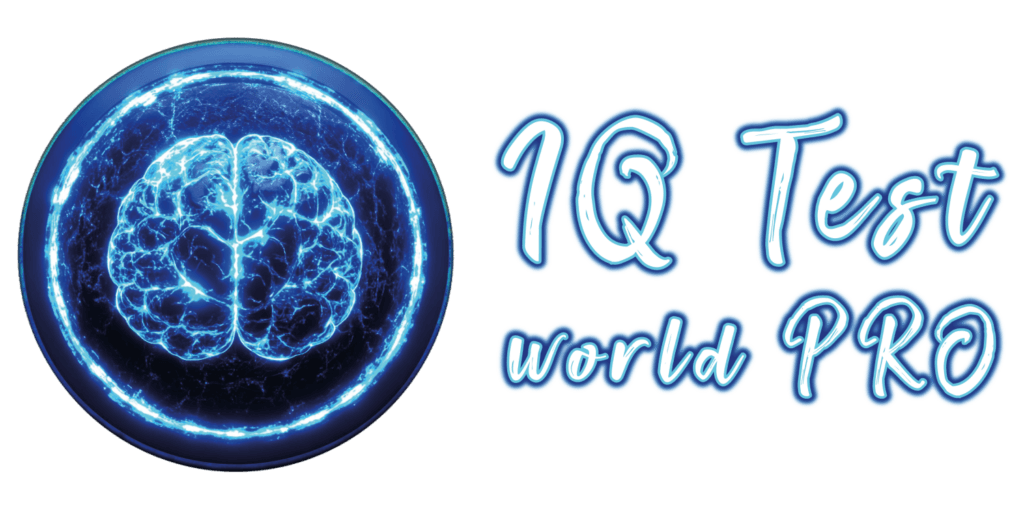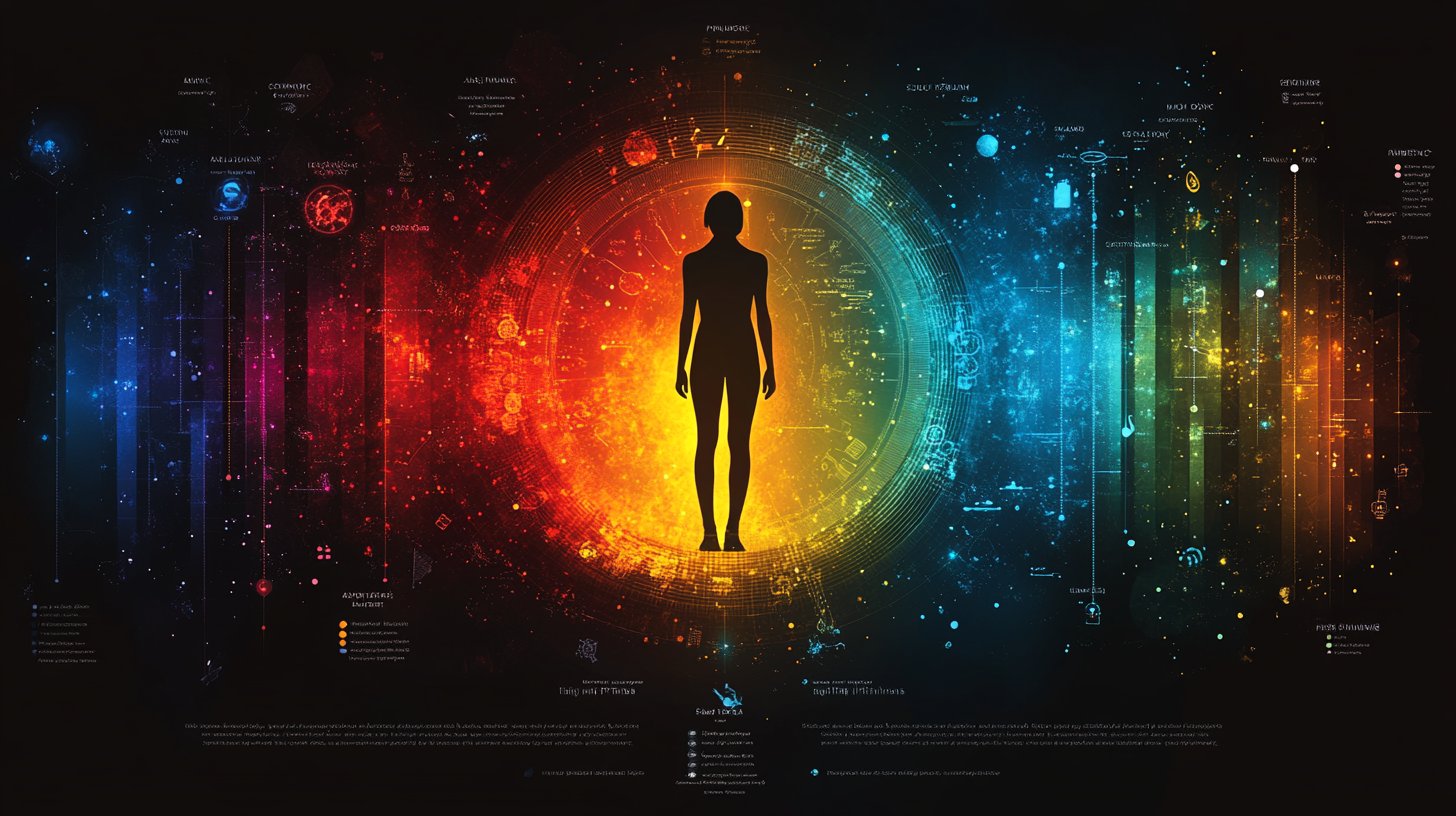The Many Forms of Human Smarts.
Rethinking Intelligence.
For years, IQ tests have been the gold standard for measuring intelligence, often defining a person’s intellectual potential in a single score. However, intelligence is far more diverse than any single number can capture. People exhibit intelligence in many ways that may not be reflected in traditional IQ tests. Theories such as Howard Gardner’s multiple intelligences and concepts like emotional intelligence reveal that intelligence encompasses a broad spectrum of abilities, including interpersonal skills, creativity, and adaptability. This article explores these varied types of intelligence and their significance in real-world success.
 The Theory of Multiple Intelligences
The Theory of Multiple Intelligences
In 1983, psychologist Howard Gardner proposed the Theory of Multiple Intelligences, suggesting that intelligence is not a single, fixed trait but rather a range of capabilities. According to Gardner, there are eight primary types of intelligence:
- Linguistic Intelligence – The ability to use language effectively, seen in writers, poets, and effective communicators.
- Logical-Mathematical Intelligence – The skill in reasoning, logic, and problem-solving, which is often highlighted in scientists and mathematicians.
- Spatial Intelligence – The capacity to visualize and manipulate objects, common in artists, designers, and architects.
- Bodily-Kinesthetic Intelligence – The skill in using one’s body to express ideas or create products, found in athletes, dancers, and surgeons.
- Musical Intelligence – Sensitivity to sound patterns, pitch, and rhythm, often seen in musicians and composers.
- Interpersonal Intelligence – The ability to understand and relate to others, common among teachers, psychologists, and leaders.
- Intrapersonal Intelligence – Self-awareness and understanding one’s own emotions and motivations, useful in fields requiring self-regulation and emotional insight.
- Naturalistic Intelligence – The ability to recognize patterns in nature, essential for botanists, chefs, and conservationists.
Gardner’s model emphasizes that each person has a unique combination of these intelligences. Recognizing this diversity allows for a broader understanding of human potential and encourages us to value skills that lie beyond academic abilities.

Emotional Intelligence: The Power of EQ
Emotional Intelligence (EQ), popularized by psychologist Daniel Goleman, refers to the ability to understand, use, and manage emotions effectively. EQ includes skills like empathy, emotional awareness, and relationship management, which are crucial for personal and professional success. Studies show that people with high emotional intelligence are often better at handling stress, building relationships, and navigating social situations. In fact, some research suggests that EQ might be a stronger predictor of success in certain fields than IQ.
- Self-awareness – Recognizing and understanding one’s emotions.
- Self-regulation – Managing emotions and adapting to changing circumstances.
- Motivation – The drive to achieve personal and professional goals.
- Empathy – Understanding others’ emotions and perspectives.
- Social Skills – Building and maintaining healthy relationships.
Unlike IQ, which remains relatively stable over a lifetime, emotional intelligence can be developed and strengthened. By improving emotional intelligence, people can enhance both their personal well-being and professional effectiveness.

Creative Intelligence: The Power of Innovation
Creative intelligence is the ability to think outside the box and generate new ideas. Psychologist Robert Sternberg described creative intelligence as one of three aspects in his Triarchic Theory of Intelligence, alongside analytical and practical intelligence. Creative intelligence is the driving force behind innovation, seen in artists, inventors, and entrepreneurs who bring unique perspectives and novel solutions to the table.
This type of intelligence is especially valuable in today’s world, where complex problems require innovative solutions. People with high creative intelligence tend to be curious, open-minded, and willing to take risks. Creative intelligence not only fuels artistic expression but also contributes to fields like science, technology, and business.

Practical Intelligence: Street Smarts and Adaptability
Practical intelligence, also part of Sternberg’s Triarchic Theory, refers to the ability to solve real-world problems by applying knowledge and adapting to one’s environment. This type of intelligence is often called “street smarts” and is seen in people who navigate complex situations with ease. Unlike traditional academic skills, practical intelligence involves common sense, adaptability, and situational awareness, making it crucial for success in various careers and personal settings.
People with high practical intelligence are often quick on their feet, able to read a room, and skilled at influencing others. Practical intelligence plays a significant role in everyday problem-solving and decision-making, from negotiating a business deal to managing household finances.
Why Intelligence Is More Than a Score
Each form of intelligence serves a unique role, contributing to a well-rounded human experience. While IQ tests may capture certain cognitive abilities, they often overlook these other vital forms of intelligence. Understanding intelligence as a multifaceted concept not only allows us to appreciate diverse talents but also encourages individuals to pursue their unique strengths. A high IQ might help with analytical tasks, but high emotional intelligence fosters meaningful relationships, and practical intelligence is key to real-life problem-solving.
Embracing a broader view of intelligence has practical benefits as well. In education, recognizing multiple intelligences allows teachers to support students with varying strengths. In the workplace, valuing emotional, creative, and practical intelligence fosters a more inclusive and adaptable workforce. In our personal lives, it encourages us to appreciate the many ways people contribute to society beyond their IQ scores.
Conclusion
Understanding intelligence beyond IQ broadens our view of human potential. By appreciating and nurturing all forms of intelligence—emotional, creative, practical, and more—we create a world that values each individual’s unique strengths. This broader perspective enriches our personal lives, strengthens our communities, and helps individuals find meaningful ways to contribute.
Intelligence is multi-faceted, but your IQ is still an important part of the puzzle. Take our comprehensive IQ test to see where your strengths lie.


 The Theory of Multiple Intelligences
The Theory of Multiple Intelligences